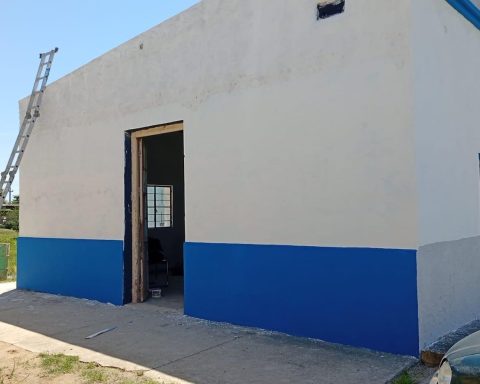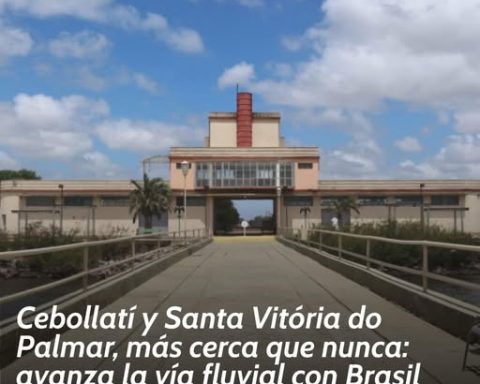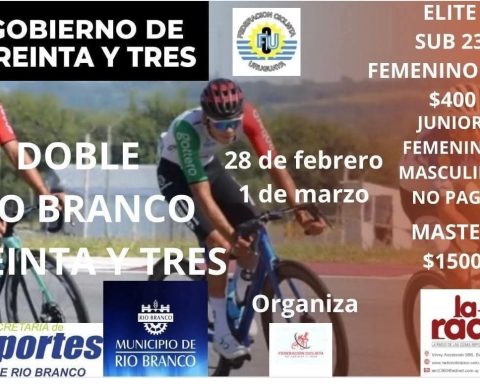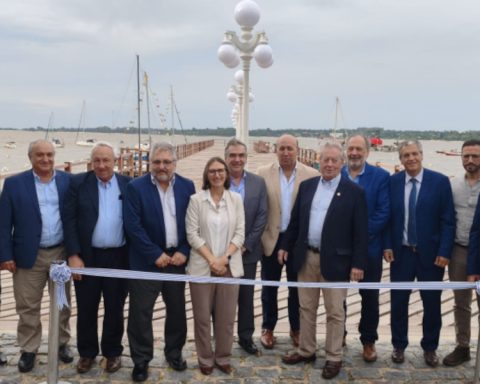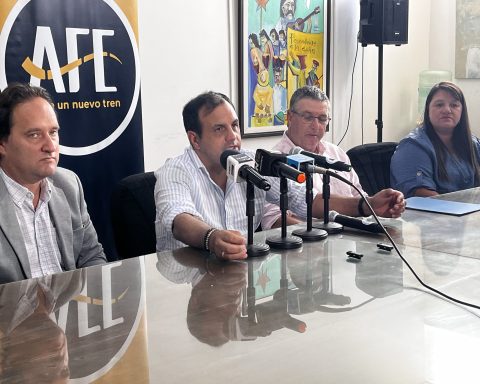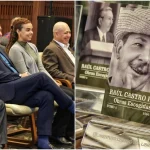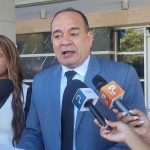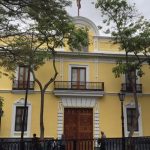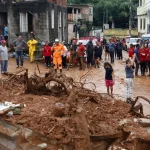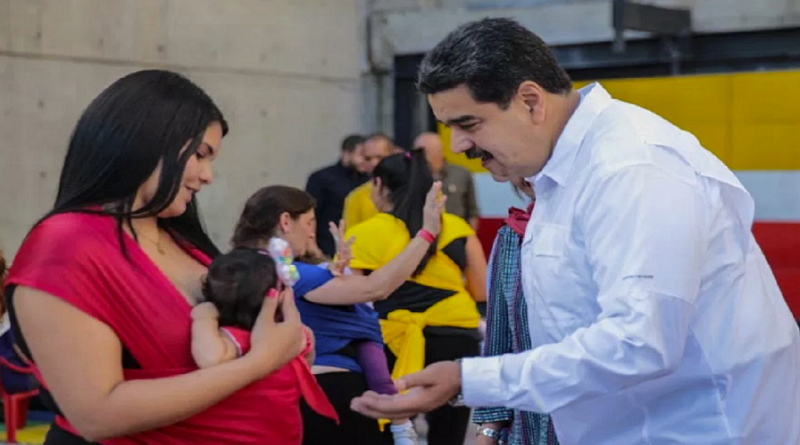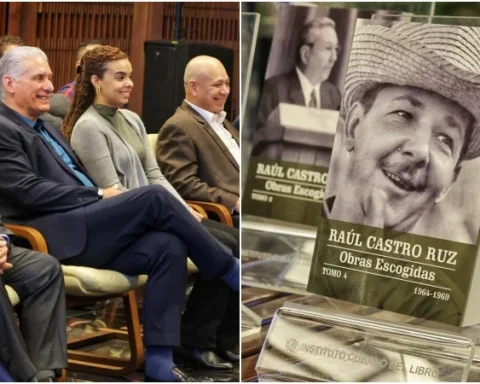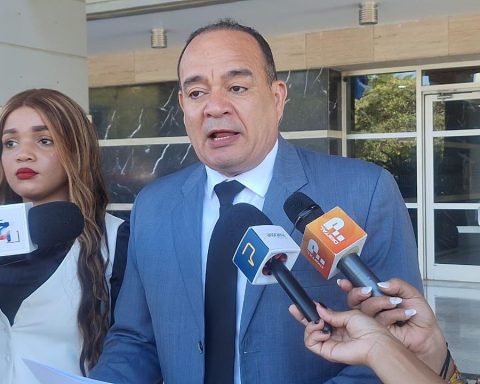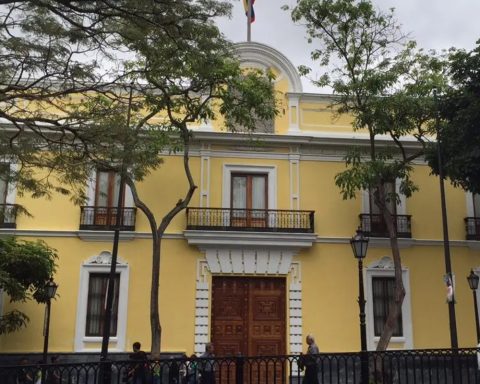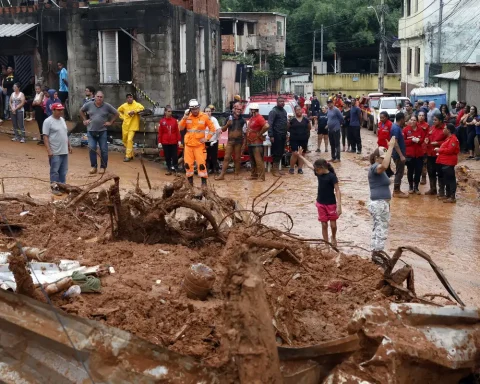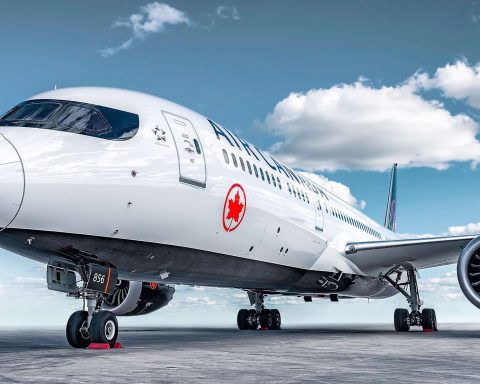The rulers of Mercosur meet on Monday and Tuesday in Puerto Iguazú, Argentina, without a detailed project to respond to the environmental demands of the European Union in the negotiations for a free trade agreement, while Uruguay’s dissatisfaction with the South American bloc grows .
The summit, with the imposing Iguazú Falls in the background, will bring together the Argentine president Alberto Fernández, and his peers from Uruguay, Luis Lacalle Pou; Paraguay, Mario Abdo, and the Brazilian Luiz Inácio Lula da Silva, who will receive the bloc’s pro tempore presidency until the end of the year.
But outside the decisions of the heads of state will be one of the most important issues on the Mercosur agenda, which comprises 62% of the South American population and 67% of its GDP.
A detailed response to the new European environmental demands will not come out of the meeting, which since they were leaked in March have created a cloud of mutual mistrust and cast doubt on any completion of the Mercosur-EU agreement reached in 2019.
“We are very close to presenting our assessments to the Mercosur partners,” said Mauricio Carvalho, secretary for Economic and Financial Affairs at the Brazilian Foreign Ministry. It is assumed that there will not be enough time to reach a conclusion in Puerto Iguazú.
Lula has led criticism of the European bloc of 27 countries for formulating a series of additional environmental demands related to the agricultural sector, mainly for compliance with various commitments of the 2015 Paris Climate Agreement.
“It is not possible to have a strategic association and have an additional letter threatening a strategic partner,” said the Brazilian president during a forum in Paris dedicated to financing the fight against climate change. In the audience were among others the French president, Emmanuel Macron, and the head of the German government, Olaf Scholz.
open fronts
After more than 20 years of tough negotiations, the EU and Mercosur reached a free trade agreement in 2019, which remained paralyzed due to resistance from the agricultural sectors of some European countries.
Lula’s onslaught against the new European demands seems to dampen the EU’s optimism for a conclusion to the pact this year, expressed by the president of the European Commission, Ursula von der Leyen, on her tour this month of Latin America, which included Buenos Aires. Aires and Brasília.
The head of EU diplomacy, Josep Borrell, acknowledged this week that the new document “has not been well received” by the South American countries and stated that Europe is still waiting for a “concrete response” to their requests.
On his side, Lula opened another front, assuring that Brazil “will not give in” in protecting its local industry in the chapter on government purchases.
However, his government persists in maintaining the negotiations. The largest Latin American economy wants to reach a “good, balanced and adequate result for both parties,” said Carvalho.
For Bruno Binetti, an expert on international affairs at the Inter-American Dialogue in Washington, “the most” that can come out of the summit is “a specific agenda before the EU”, with “demands”.
“But I don’t think we are at that stage,” he told AFP.
